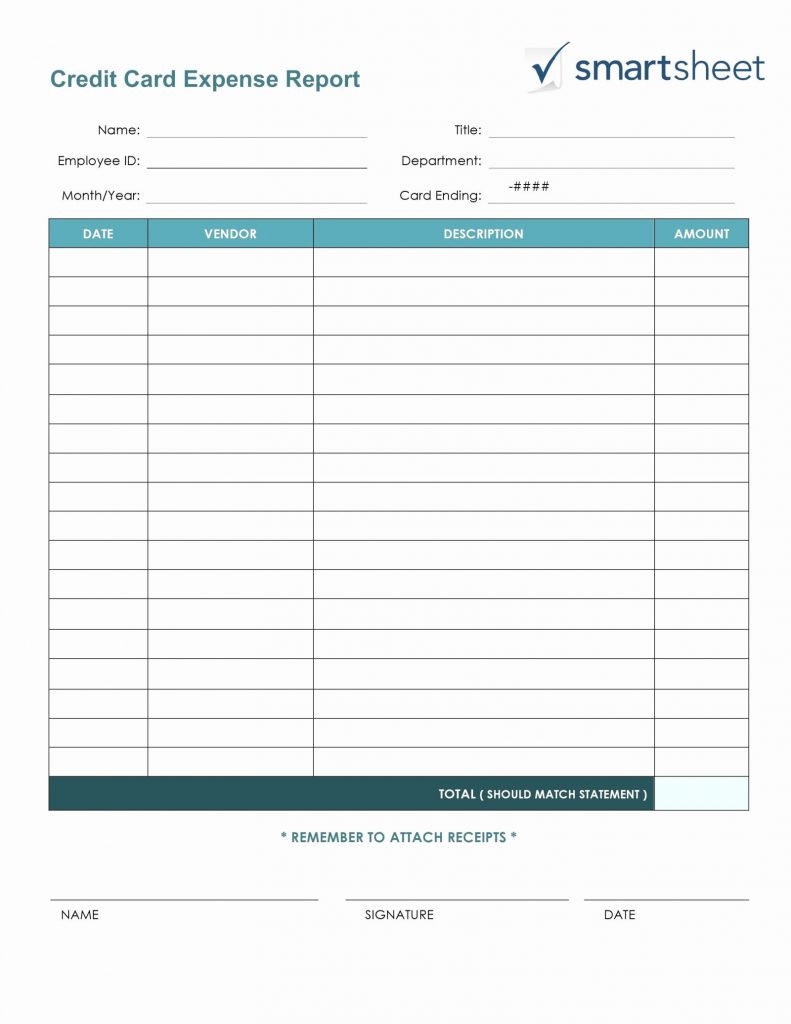

If you use office equipment or anything used for business purposes sometimes, the expense will not be 100% deductible. Only business expenses can be deducted from business income.
The federal tax rate is a progressive rate calculated from tax tables and is a different tax rate for single, married, and married filing jointly or separately filers. The tax rate for states varies, and some are progressive – a higher rate for higher income. In the United States, taxpayers owe federal income taxes and, in most states, state income taxes. In addition to self-employment taxes, self-employed workers pay income taxes on their earnings. Taxpayers earning more than $200,000 pay an additional 0.9% for Medicare. Self-employed individuals pay the employer and employee portions of FICA taxes for a total of 12.4% for social security and 2.9% for Medicare for a combined self-employment tax of 15.3%.

However, their employer pays half the FICA taxes – 6.2% for the employer and 6.2% for the employee’s social security, up to $147,000, and 1.45% each for Medicare. The taxes collected to fund Medicare and Social Security are FICA taxes (Federal Insurance Contribution Act).Įmployees also pay FICA taxes. Self-employment taxes fund Medicare and Social Security. In the United States, self-employed individuals also pay self-employment taxes. This way, a large amount of the taxes owed will already have been paid four times per tax year, so when it comes time to pay taxes, there won’t be as many taxes owed, and you shouldn’t owe penalties for failing to pay quarterly payments. Instead of tax withholding each paycheck, contractors can pay quarterly estimated payments. When an invoice payment is made to the contractor, there is no income tax withholding.

Independent contractors pay taxes on the income they earn throughout the tax year, just like employees. What Taxes Do Independent Contractors Pay?
TAX ACT CONTRACTOR EXPENSES PROFESSIONAL
Check with the country laws – including the laws of any countries you may intend to travel to for work, and always consult with a tax professional before filing your taxes. tax laws and will help independent contractors and self-employed individuals in the United States. This means that contractors are liable for their taxes and must file and pay taxes annually.Įvery country has unique laws regarding employment, self-employment, and taxes. Depending on their country's laws, they may owe the government higher social security payments than employees. Contractors also do not have a company making contributions on their behalf to social security. Since they do not have another company paying them on their payroll, independent contractors do not have anyone withholding income taxes, as an employer would with an employee. This method of employment distinguishes independent contractors from employees. They run their own company and are not on another company’s payroll. Independent contractors are so-called because of their independence from any other entity. Independent contractors are self-employed individuals who provide a service to a client in exchange for an invoiced payment: their clients are usually individuals or a company of any size.


 0 kommentar(er)
0 kommentar(er)
